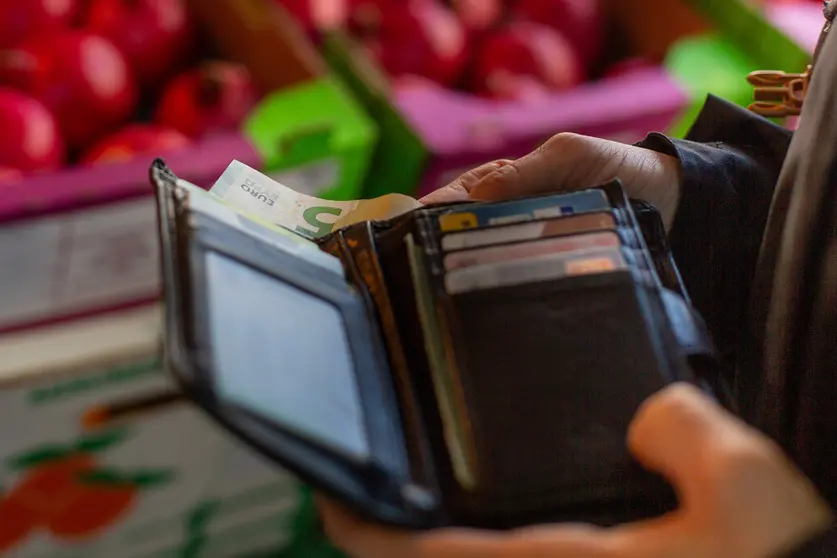Germany's inflation rate surpassed the 4-per-cent threshold for the first time in nearly 28 years in September, the Federal Statistical Office said.
Consumer prices rose by 4.1 per cent in September compared to September 2020, the office said citing a preliminary calculation.
The last time the figure surpassed the 4-per-cent threshold was in December 1993, when inflation rose 4.3 per cent on the previous month.
Higher inflation weakens the purchasing power of consumers. Rising inflation rates are also bad news for savers, of which there are many in Germany.
For months now, inflation has been fuelled by rising energy prices. Post-pandemic economic recovery has prompted the demand for crude oil to rise significantly, which is driving prices up.
In September, consumers had to pay 14.3 per cent more for household energy and fuel than a year earlier, according to preliminary data.
VAT reduction
The withdrawal of the pandemic-related temporary VAT reduction is also impacting the inflation trend. Regular rates have been in effect again since January 2021, so goods and services are becoming more expensive.
Inflation rates of around 5 per cent in Europe's largest economy are considered possible this year.
However, economists see the rise in inflation as a temporary phenomenon. They currently do not see the increased risk of a prolonged price spiral.
"As long as the wage agreements remain moderate, there is not much to suggest that we will run into permanent inflation," said Veronika Grimm, a members of Germany’s most important advisory committee for matters of economic policy.











